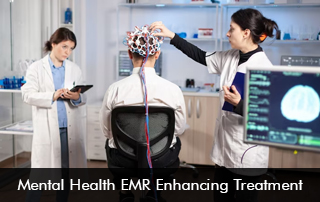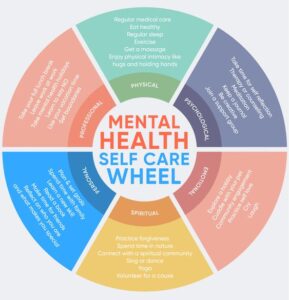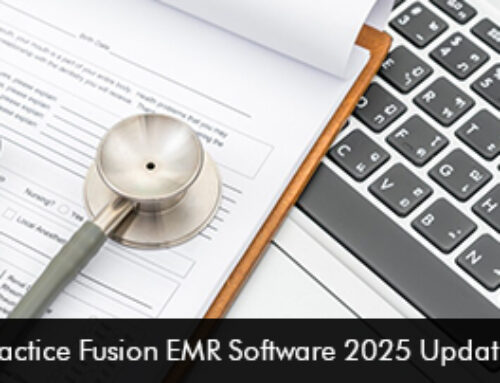To meet the evolving needs of patients and providers, the integration of mental health EMR is a welcome development. This specialized EMR system has proven to be an invaluable tool, enhancing the treatment of mental health disorders and improving patient outcomes.
Comprehensive Patient Assessments
Mental Health EMR systems enable clinicians to conduct thorough and standardized assessments of their patients. These systems provide structured templates, screening tools, and questionnaires that assist in gathering essential patient information. By using a standardized approach, clinicians can better identify symptoms, track progress, and make informed treatment decisions. Comprehensive patient assessments supported by Mental Health EMR systems enhance diagnostic accuracy and improve the overall treatment planning process.
Tailored Treatment Plans in Mental Health EMR
One of the key advantages of Mental Health EMR is the ability to create personalized treatment plans for patients. Based on the comprehensive assessments conducted within the EMR, clinicians can develop individualized plans that address specific mental health concerns. Treatment plans can include medication management, therapy interventions, lifestyle modifications, and other supportive measures. With the ability to document and track treatment plans within the EMR, clinicians can easily monitor progress, make adjustments, and ensure that patients receive the most effective and tailored care.
Streamlined Communication and Collaboration
Effective communication and collaboration among mental healthcare providers are crucial for holistic patient care. Mental Health EMR systems facilitate seamless communication and information sharing among care team members. Clinicians can securely exchange patient information, progress notes, and treatment updates, enabling a collaborative approach to treatment. Enhanced communication and collaboration within the EMR system lead to coordinated care, reduced treatment gaps, and improved patient outcomes.
Medication Management and Safety in Mental Health EMR
Mental Health EMR systems play a vital role in medication management and patient safety. These systems provide features such as electronic prescribing, which reduces medication errors and streamlines the prescription process. Clinicians can access comprehensive medication profiles, review medication interactions, and receive alerts for potential adverse events. With Mental Health EMR, clinicians can track medication adherence, monitor treatment response, and ensure patient safety through accurate and up-to-date medication management.
Outcome Measurement and Data Analysis
Mental Health EMR systems offer the ability to measure treatment outcomes and conduct data analysis. With built-in outcome measurement tools and progress tracking, clinicians can evaluate the effectiveness of interventions, identify areas for improvement, and make data-driven decisions. Data analysis capabilities within the EMR allow for population health management, identifying trends, and contributing to research and evidence-based practice. Mental Health EMR systems empower clinicians to continuously improve treatment approaches and enhance patient outcomes.








